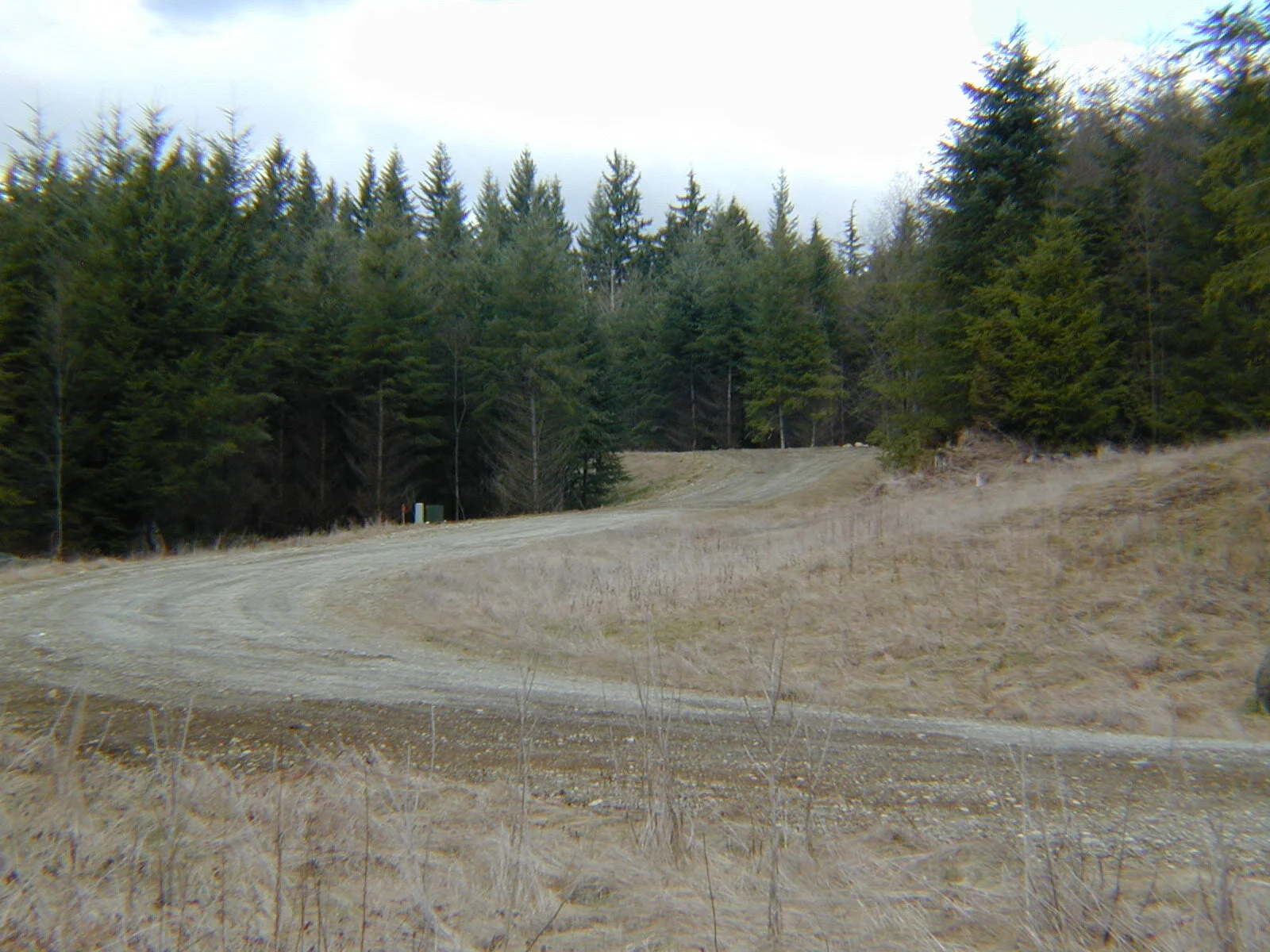How Do I Get Started In Land Development?
Getting started in land development:
We all have to start out somewhere in land development and the way I did it is definitely not what I would recommend for someone new. In the very beginning I accepted an offer to take over nine different land holdings, just under 4,000 acres, with absolutely no knowledge of the business. That’s how not to start in my opinion. Plain and simple, I was way over my head at the time…and for a long time afterward.
Think first, act second:
Before hitting the project launch button for orbit, a thoughtful land developer will be thinking about a pre-launch checklist:
What is the opportunity for development within the local market?
Did I find and research solid candidate properties?
Do I have the right investors? (if not already self-funded).
Have I verified that the zoning is correct and permitting is realistically possible.
Have I estimated all project costs in a pro forma?
Does my estimate of fair market value of the finished product justify the risk.
The fundamental points are: Can this project be realistically completed and will it be profitable?
Suggestion: pay particular attention to the realistic part.
Planning the changes to a property:
In the beginning there needs to be a conceptual plan, from which the application will be formed.
Where do I start and who do I start with?
Surveyor: A surveyor will identify existing property boundaries, easements and any encroachments. A surveyor is also needed to create the new legal descriptions and required easements for the project.
Engineer: The engineer handles the technical specifications for the project, along with forming and submitting the plat application. An engineer’s opinion is invaluable in helping to determine the viability of the project from a permitting and cost perspective. He/she can also advise on what other consulting professionals will likely be needed.
Land use attorney: A land use attorney specializes in the planning and entitlement phases. He/she works regularly with the planning department staff. This professional also advises on the legal complexity of the project and what it will take for full compliance with the law.
I consider these three professionals to be the fundamental bedrock of evaluating a project. From there you go on to whoever else is needed. They will tell you.
Would it be faster and easier to do a short plat?
In my experience short plats (a.k.a. short subdivisions) are not as fast and easy as they used to be, but it doesn’t mean they are not a viable possibility. I have covered this topic in more depth in this recent post:
Short Plats / Short Subdivisions: https://www.landdevelopmentrealities.com/home/2019/12/5/short-plats-short-subdivisions
Bear in mind that as the comprehensive policy plans and environmental regulations of governments have evolved over time, short plats are generally more difficult than in the past. Lot yield against cost and time are key considerations for ultimate profitability.Getting started in land development:
Unlike how I began, I suggest a more measured approach that starts with a candidate project that is within the capabilities of the new land developer. This is especially true regarding that person’s financial capabilities.
In concert with that, identifying and finding the right key consulting professionals will help bridge the experience gap that any new land developer will be bringing to the table. Good luck and be diligent!
See this related article on starting out in land development:
Ways To Get Started In Land Development: https://www.landdevelopmentrealities.com/home/2020/8/3/v09ipvf9g9osk15z75xgdv5wskbiit-fktfy-jb8nf
Contact me at: ldr@landdevelopmentrealities.com
Blog photos courtesy of Unsplash.com - Ronan Furuta, Andrey Kigay, Ross Findon, Nigel Tadyanehondo - Thank you!









